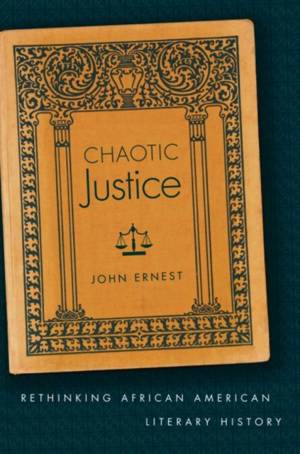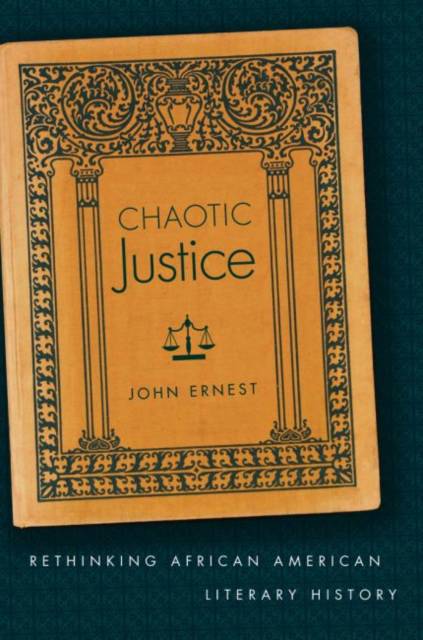
- Afhalen na 1 uur in een winkel met voorraad
- Gratis thuislevering in België vanaf € 30
- Ruim aanbod met 7 miljoen producten
- Afhalen na 1 uur in een winkel met voorraad
- Gratis thuislevering in België vanaf € 30
- Ruim aanbod met 7 miljoen producten
Zoeken
€ 50,45
+ 100 punten
Omschrijving
What is African American about African American literature? Why identify it as a distinct tradition? John Ernest contends that too often scholars have relied on naive concepts of race, superficial conceptions of African American history, and the marginalization of important strains of black scholarship. With this book, he creates a new and just retelling of African American literary history that neither ignores nor transcends racial history.
Ernest revisits the work of nineteenth-century writers and activists such as Henry "Box" Brown, Frederick Douglass, Harriet Wilson, William Wells Brown, and Sojourner Truth, demonstrating that their concepts of justice were far more radical than those imagined by most white sympathizers. He sheds light on the process of reading, publishing, studying, and historicizing this work during the twentieth century. Looking ahead to the future of the field, Ernest offers new principles of justice that grant fragmented histories, partial recoveries, and still-unprinted texts the same value as canonized works. His proposal is both a historically informed critique of the field and an invigorating challenge to present and future scholars.
Ernest revisits the work of nineteenth-century writers and activists such as Henry "Box" Brown, Frederick Douglass, Harriet Wilson, William Wells Brown, and Sojourner Truth, demonstrating that their concepts of justice were far more radical than those imagined by most white sympathizers. He sheds light on the process of reading, publishing, studying, and historicizing this work during the twentieth century. Looking ahead to the future of the field, Ernest offers new principles of justice that grant fragmented histories, partial recoveries, and still-unprinted texts the same value as canonized works. His proposal is both a historically informed critique of the field and an invigorating challenge to present and future scholars.
Specificaties
Betrokkenen
- Auteur(s):
- Uitgeverij:
Inhoud
- Aantal bladzijden:
- 328
- Taal:
- Engels
Eigenschappen
- Productcode (EAN):
- 9780807859834
- Verschijningsdatum:
- 15/11/2009
- Uitvoering:
- Paperback
- Formaat:
- Trade paperback (VS)
- Afmetingen:
- 152 mm x 231 mm
- Gewicht:
- 476 g

Alleen bij Standaard Boekhandel
+ 100 punten op je klantenkaart van Standaard Boekhandel
Beoordelingen
We publiceren alleen reviews die voldoen aan de voorwaarden voor reviews. Bekijk onze voorwaarden voor reviews.











